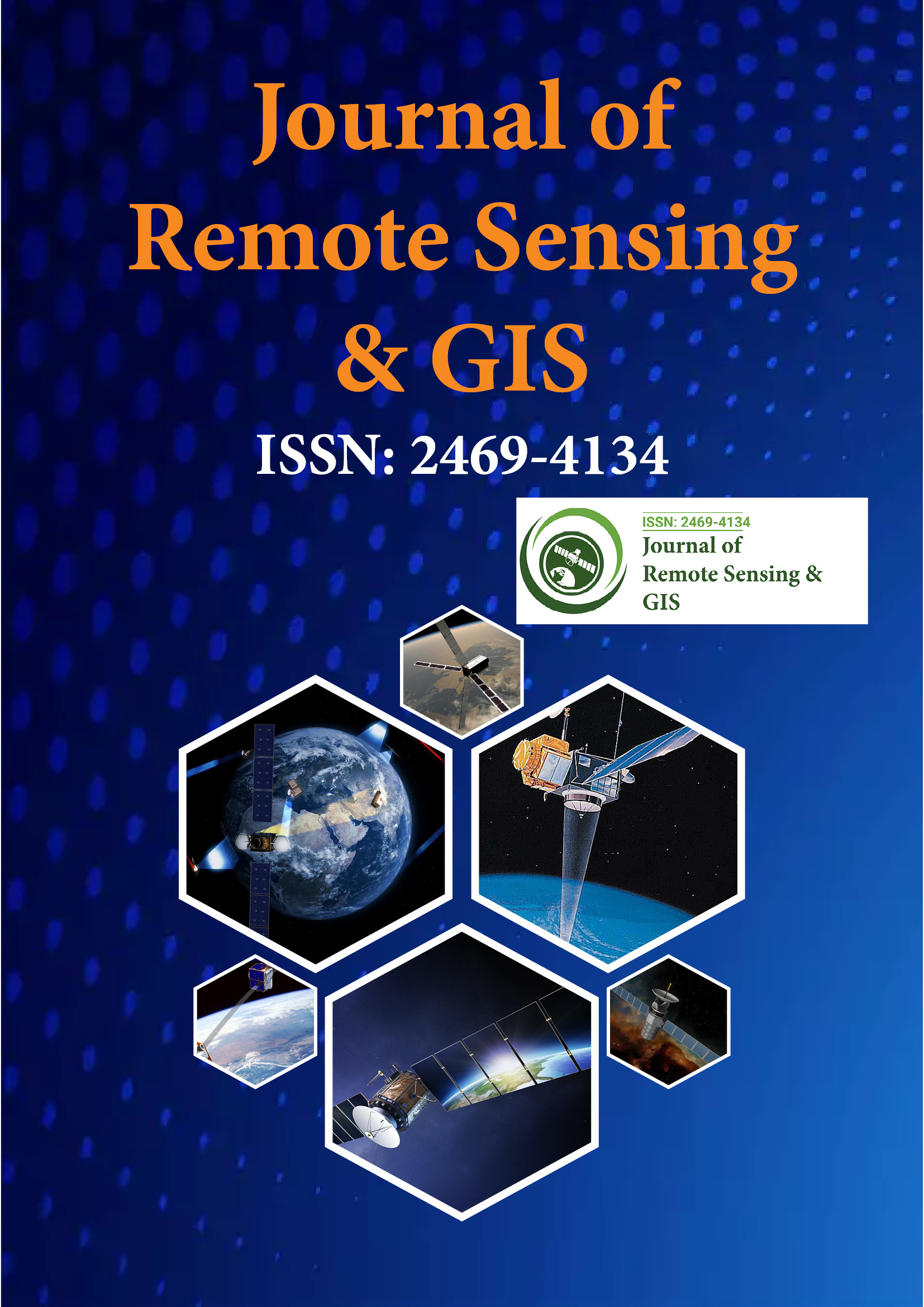Indexé dans
- Ouvrir la porte J
- RechercheRef
- Université Hamdard
- EBSCO AZ
- OCLC - WorldCat
- Publions
- Indexation scientifique internationale
- Pub européen
- Google Scholar
Liens utiles
Partager cette page
Dépliant de journal

Revues en libre accès
- Agriculture et aquaculture
- Alimentation et nutrition
- Biochimie
- Bioinformatique et biologie des systèmes
- Business & Management
- Chimie
- Génétique et biologie moléculaire
- Immunologie & Microbiologie
- Ingénierie
- La science des matériaux
- Neurosciences & Psychologie
- Science générale
- Sciences cliniques
- Sciences environnementales
- Sciences médicales
- Sciences pharmaceutiques
- Sciences vétérinaires
- Soins infirmiers et soins de santé
Abstrait
Comparaison de quatre algorithmes évolutifs pour l'optimisation de la force de maintien dans un robot grimpeur
Masike R et Janak Kumar B. Patel
Les algorithmes évolutionnaires (EA) sont des méthodes de recherche stochastique qui imitent l'évolution biologique naturelle. Dans ce travail, nous donnons un aperçu de quatre EA récents et fournissons un cadre pour l'adoption dans les robots grimpeurs. Quatre modèles basés sur les EA sont introduits et comparés pour l'optimisation de la force de maintien dans un coussin de maintien Bernoulli pour un robot grimpeur, en considérant leurs caractéristiques importantes et leur pertinence pour la force de maintien adaptative. Un bref code de chaque algorithme est présenté pour faciliter sa mise en œuvre et son utilisation par les chercheurs et les praticiens. Ces EA comprennent l'évolution différentielle (DE), l'implémentation MONEE, l'algorithme génétique modifié (MGA) et l'algorithme mémétique (MA). Les quatre EA ont été appliqués à la règle populaire du MIT comme fonction objective pour la force de maintien adaptative, puis à un véritable coussin de Bernoulli pour robot grimpeur. MATLAB a été utilisé pour la comparaison rigoureuse des modèles en termes de solution optimale obtenue, du nombre d'évaluations de fonctions objectives correspondant à la solution optimale et de la qualité des résultats. Une analyse statistique a été réalisée, puis une mesure du taux d'efficacité a été déterminée pour évaluer les performances de chaque modèle. Les résultats ont montré que les meilleures performances provenaient d'un algorithme hybride qui intègre les caractéristiques souhaitées pour une force de maintien optimale, ce qui a permis de développer un cadre pour l'adoption des EA dans les robots grimpeurs.